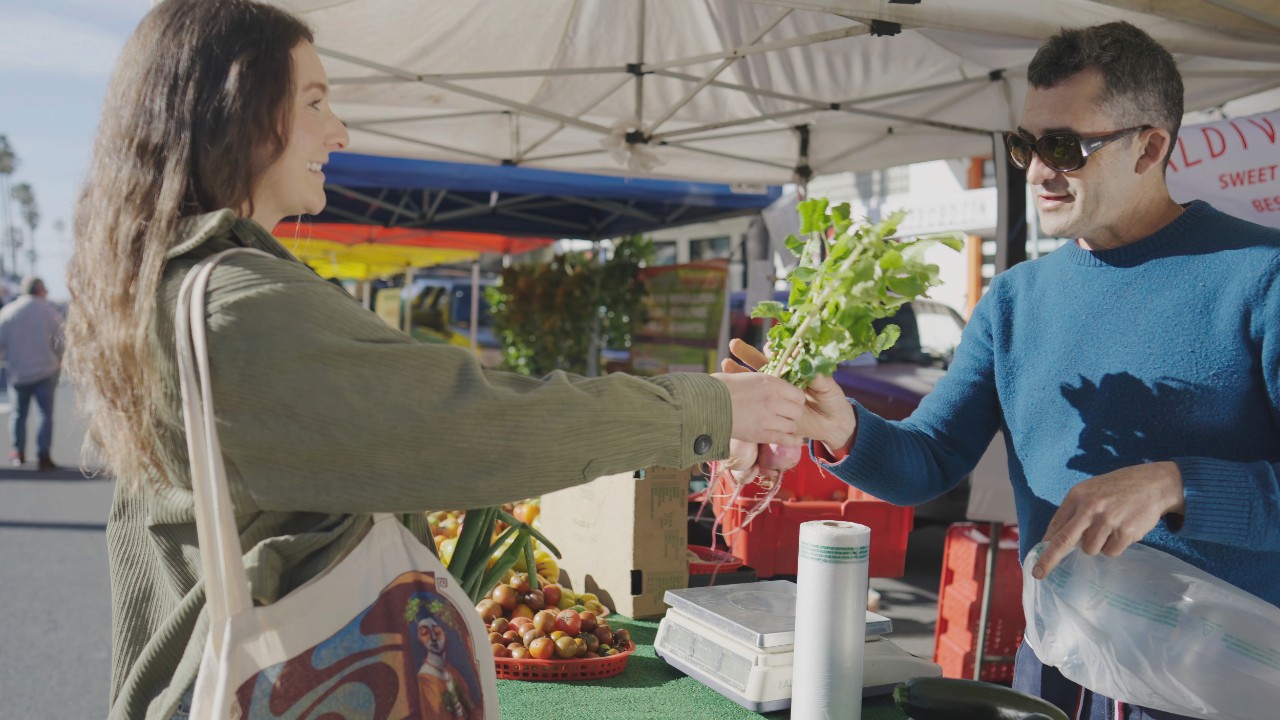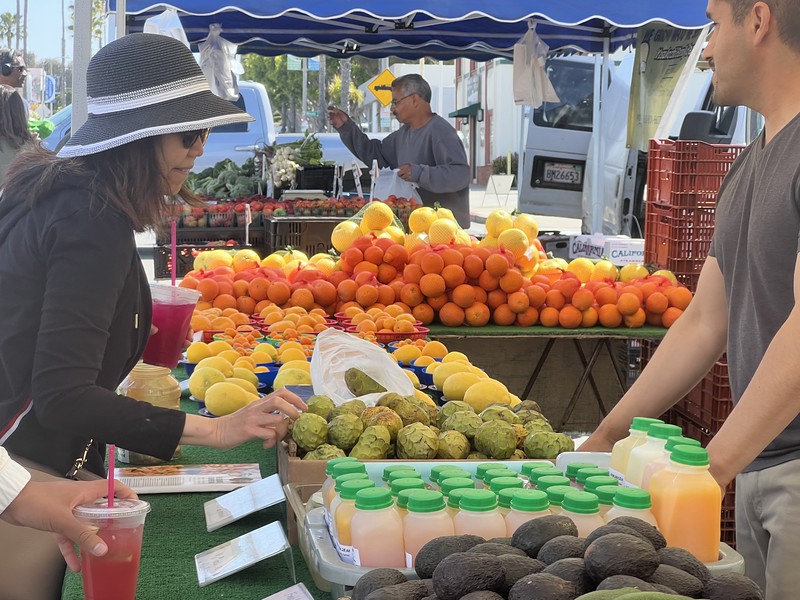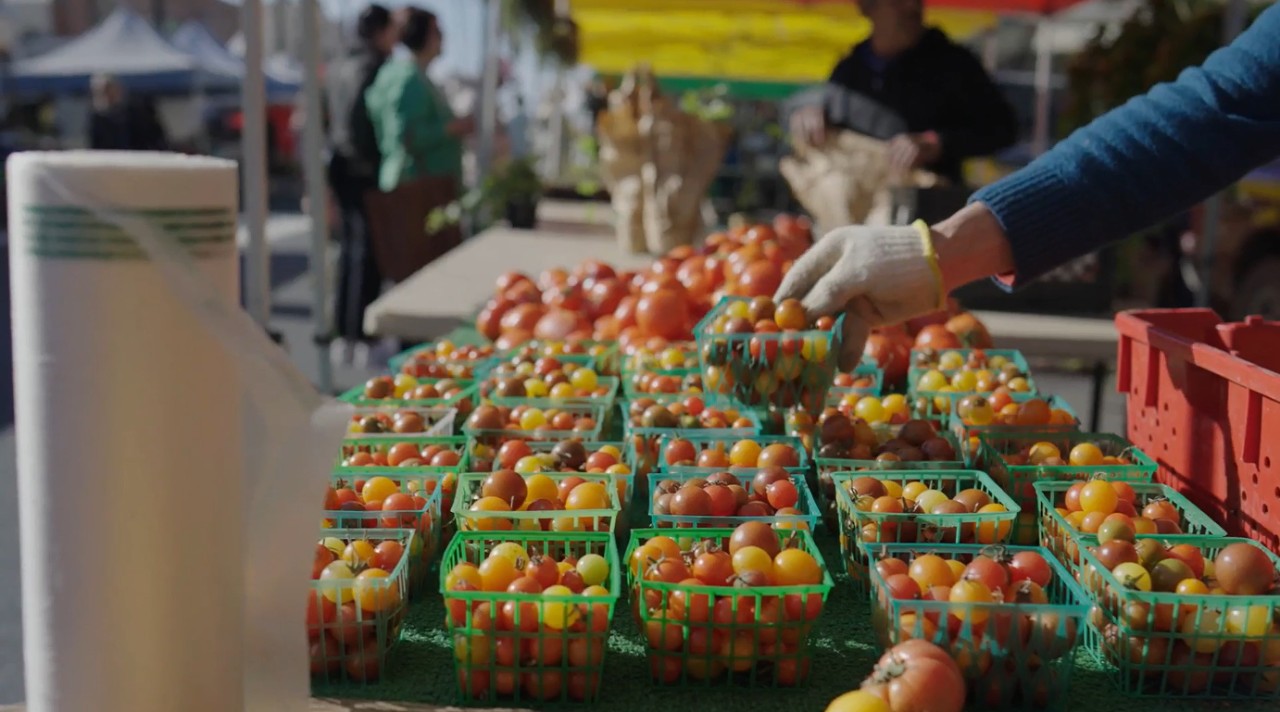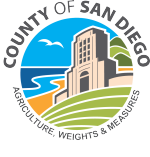Certified Farmers' Markets
Farmers’ markets bring communities together, improve health,
and strengthen our local food systems. AWM supports these markets
throughout the county by certifying and inspecting each market and its
producers. This makes sure that you can buy fresh, local produce grown
by Certified Producers at your local Certified Farmers’ Market (CFM).
What is a Certified Farmers’ Market (CFM)?
A CFM is a place approved for Certified Producers to sell their produce to the public. AWM is one of many departments that approve CFMs. Find out more on CFMs below.
- CFMs in San Diego County (by weekday)
- Open a CFM
- Accept EBT/SNAP at your CFM
- CFMs and CSAs that accept nutritional benefits
- Other Resources
What is a Certified Producer?
A Certified Producer is a farmer certified by AWM to sell at a CFM. This means an inspector has visited their farm and listed the products they can sell at a CFM. Learn more about Certified Producers below.
- Become a Certified Producer
- Notice for Certified Producers at Community Events and Markets
- Direct Marketing 101
Food Security
Did you know nearly one in four San Diegans — or about 755,000 people — experience food insecurity? Learn more and find out how you can get involved.










